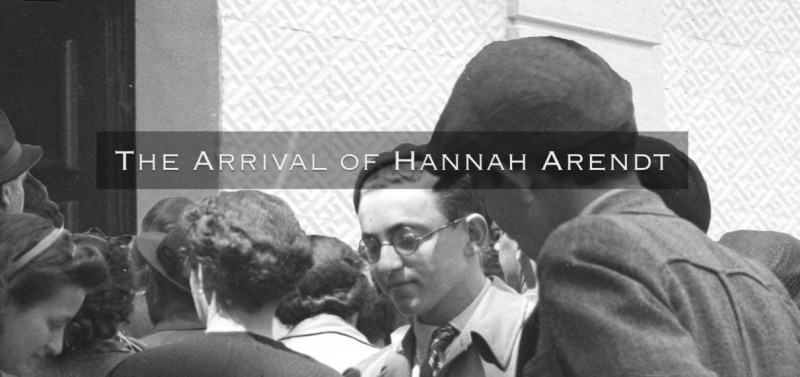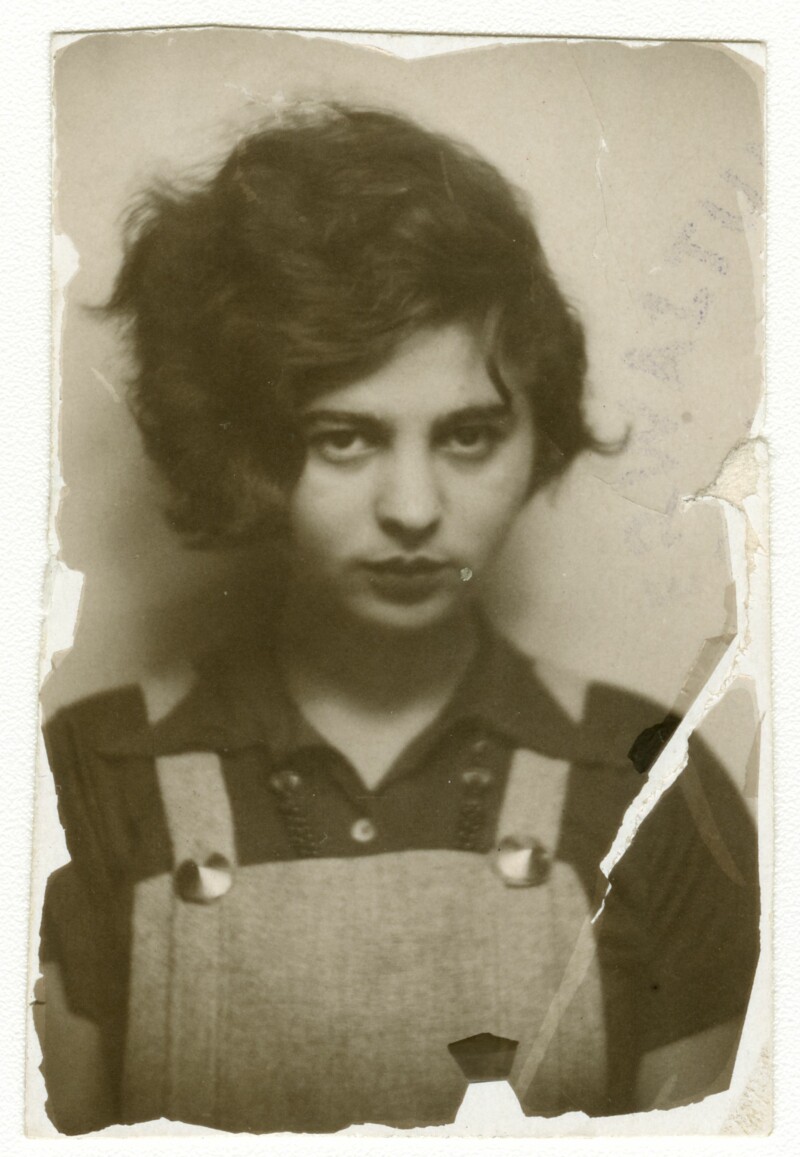
The Arrival of Hannah Arendt
This film describes the arrival of Hannah Arendt - a Jewish, German-American political theorist and publicist - in New York and her reflections on flight and helping people start over.

Wenn ich „Heimweh“ sage, sag ich „Traum“.
Denn die alte Heimat gibt es kaum.
Wenn ich Heimweh sage, mein ich viel:
Was uns lange drückte im Exil.
Fremde sind wir nun im Heimatsort.
Nur das „Weh“, es blieb.
Das „Heim“ ist fort.
When I’m saying “homesick,” I say “dreams.”
‘Cause the old home’s hardly there, it seems.
When I’m saying homesick, much is said:
What in exile had us grieve and dread.
Strange we feel in hometowns now today.
Just the “sickness” stayed.
The “home’s” away.

Mascha Kaléko (7 June 1907 – 21 January 1975) was a poet. She was born in West Galicia (today Poland). After the outbreak of World War I, her family fled to Germany for fear of anti-Jewish pogroms. Mascha Kaléko is seven years old when she arrives in Germany. Early on she follows her calling as a poet and becomes a part of the Berlin artistic milieu. Many of her poems deal with everyday life in Berlin. In 1935, however, the Nazis impose a ban on Mascha Kaléko, preventing her from working. At first Kaléko does not want to part with Berlin, but in 1938 the situation became unbearable: she flees to New York with her second husband, the musician Chemjo Vinaver, and her young son. The family finds it difficult to gain a foothold in New York. Kaléko finds small jobs and writes for the German-Jewish emigrant newspaper Aufbau, among others. In 1945, her book of poetry “Verse für Zeitgenossen” (Verses for Contemporaries) is published in the USA in German. In 1959, Kaléko and her husband move from there to Israel.
In the works we show in our archive, Kaléko deals with her experiences of emigration, her homesickness for Berlin and her identity as a Jew, refugee, poet and emigrant. The rupture that the loss of language following her emigration to the USA meant especially for her as a poet can be felt in many of her poems. She wrote the poem “Homesick, for What?” when she was already living in Israel. It is an expression of her longing for a lost home and acceptance of this loss as fateful.
Kaléko, Mascha: Heimweh, wonach?, translated by Andreas Nolte and published in: Nolte, Andreas: Mascha. The Poems of Mascha Kaléko, Burlington, VT/USA: Fomite Press, 2017, p. 135.